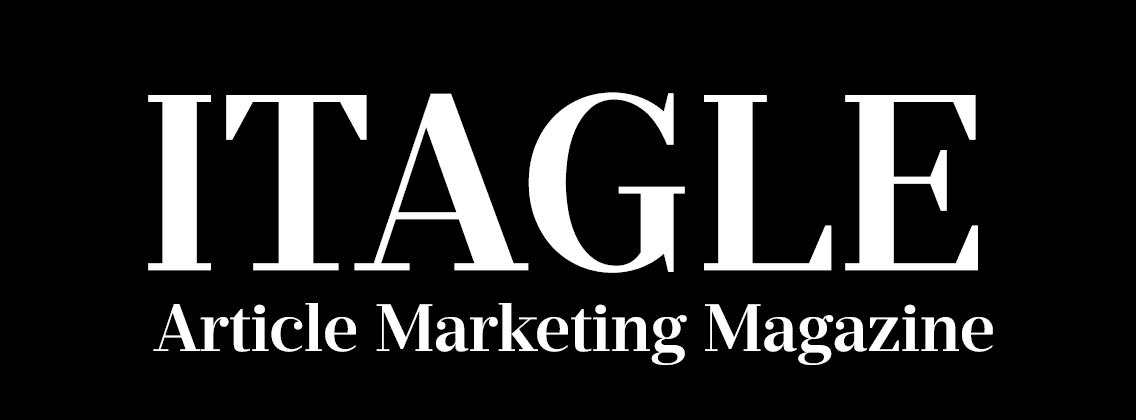The impasse is a situation where two shareholders or two groups of shareholders cannot agree on certain key issues. Stagnation occurs when shareholder meetings are not repeatedly quantified because one group of shareholders refuses to participate, or when a group of shareholders votes against or abstains from voting on a motion for a resolution of the other group. Disputes: When disputes arise, there are often few things in general law that are useful, and sometimes the only solution may be to dissolve the company even if the company itself succeeds. A shareholders` agreement can be a very useful tool for preventing and managing such disputes and can include provisions that establish a mechanism for the parties to resolve disputes without the need for draconian measures such as the dissolution of the company. Sometimes, to resolve a dispute, one or more shareholders may agree to sell their shares to the other shareholders. A shareholders` agreement often includes valuation provisions to ensure a clear valuation mechanism for these shares and to avoid further disputes over the price to be paid. PandaTip: This section ensures that shareholders have the same expectations about when they can withdraw money from the company and ensures that distributions do not harm the financial needs of the company. In our case (and in the case of six other startup creators I spoke to), our company secretary provided a standard template that we used without further modifications. The template contains the same content as that proposed here by the commercial register. PandaTip: This can be a common topic for shareholder conflicts, everyone thinks that the other is not working hard enough, is always overpaid, etc.
Using detailed employment contracts or placing these terms here can help defuse future litigation. Investor protection: Investors take a risk for their investment because they may not get back the funds they have invested in the business and therefore often require shareholders to agree on certain provisions to protect their position. For example, they may require goals to improve the performance that the company must achieve within a certain period of time, and if these goals are not met, the investor has the option to demand certain actions or he has the option to take control of the business. These provisions are often found in a shareholders` agreement. A shareholders` agreement defines the framework of the relationship between the shareholders of a company that determines the activity of the company. We have extensive experience in supporting our clients in the representation of majority and minority shareholders in a shareholders` agreement and associated negotiations. This is especially important if your business partners want to do more than just provide their share of the financing capital. Be specific and set measurable results. If one of your business partners claims to be responsible for business development, define exactly what that means (for example. B.B the number of paying customers purchased and by when, how many events will be organized to represent the company and attract sales managers, etc.). Don`t leave too much room for interpretation. Unless pre-established mechanisms to resolve them have been adopted, shareholder disputes can seriously affect the viability of a business.
The adoption of a shareholders` agreement can help reduce uncertainty and ensure a fair outcome in the event of disagreement. PandaTip: The distribution or resale of shares externally may come with a variety of legal provisions that are not intended to be addressed in this agreement, which is why this clause is important. The tag-along option is when a shareholder intends to sell his shares to a third party buyer, a tag-along option allows the co-shareholders to participate in the sale, i.e. to sell their own shares to the same third party buyer on the same terms. This ensures that if a shareholder (usually a majority shareholder) closes a good deal, the remaining shareholders (usually minority shareholders) can leave under the same conditions. A shareholders` agreement, also known as a founder`s agreement, is a contract between the founders of a company to regulate their rights as shareholders of the company. This [DATE OF AGREEMENT] agreement is between the following persons, who constitute all current shareholders of the [COMPANY] (“Company”): Confidentiality: Shareholders may have access to valuable confidential information about the Company by virtue of their participation in the Company. . . .


















